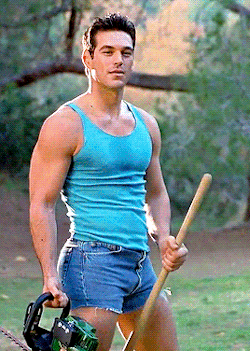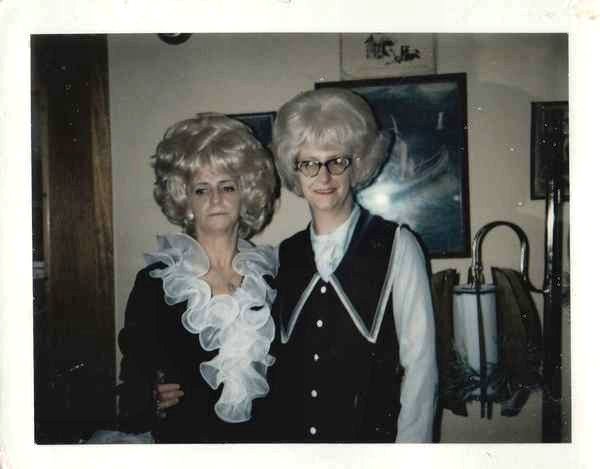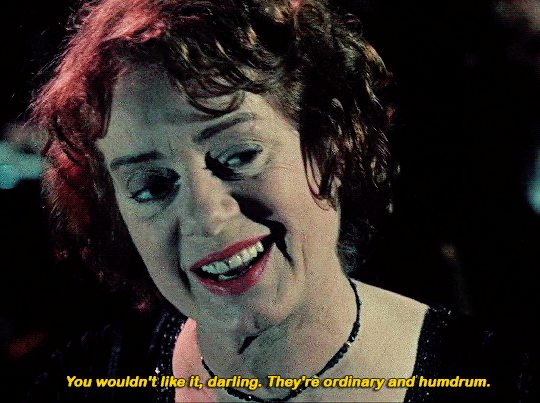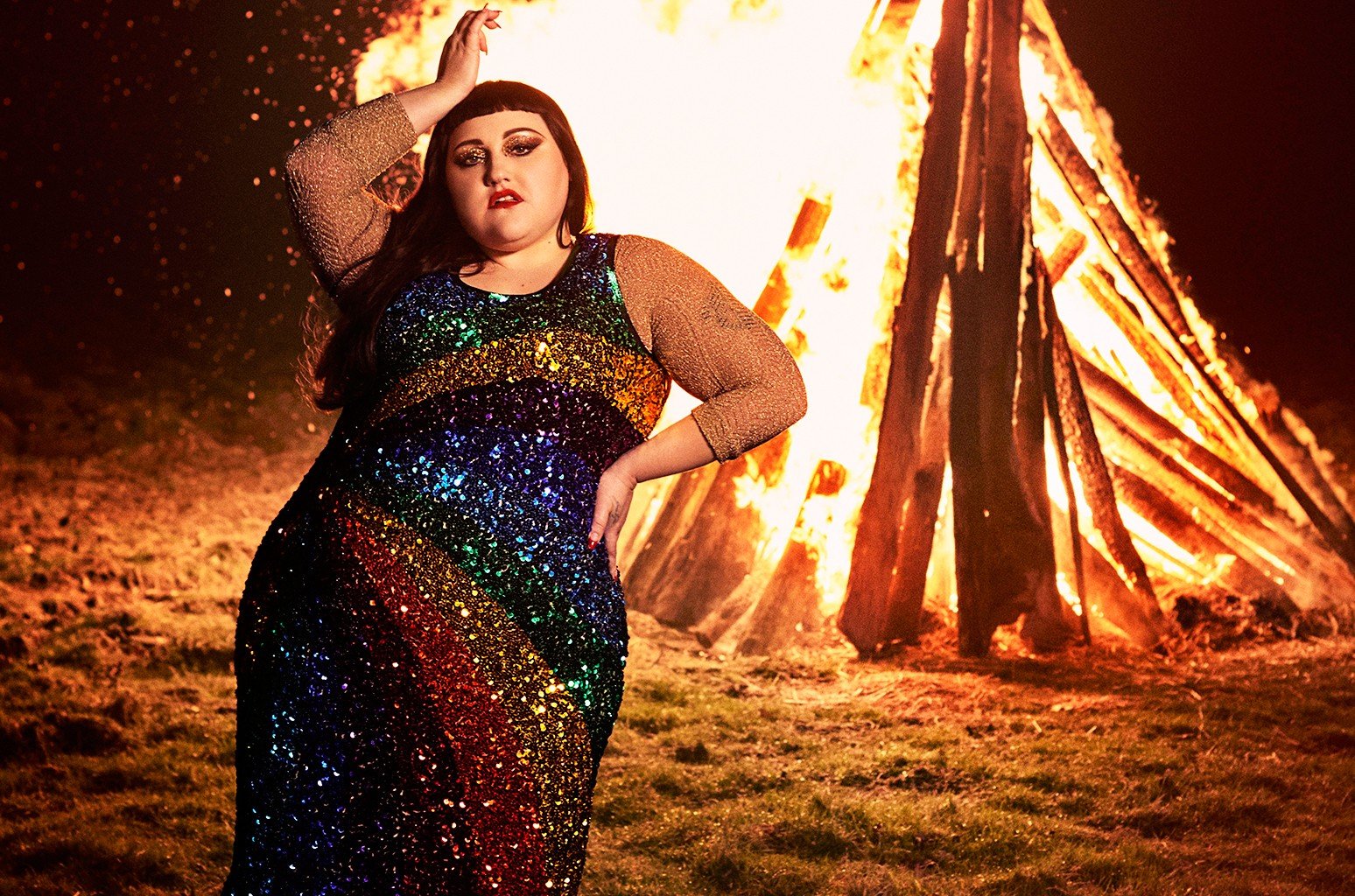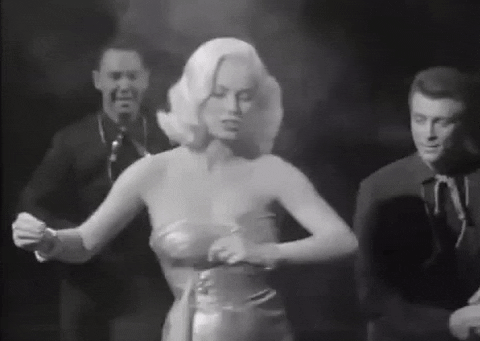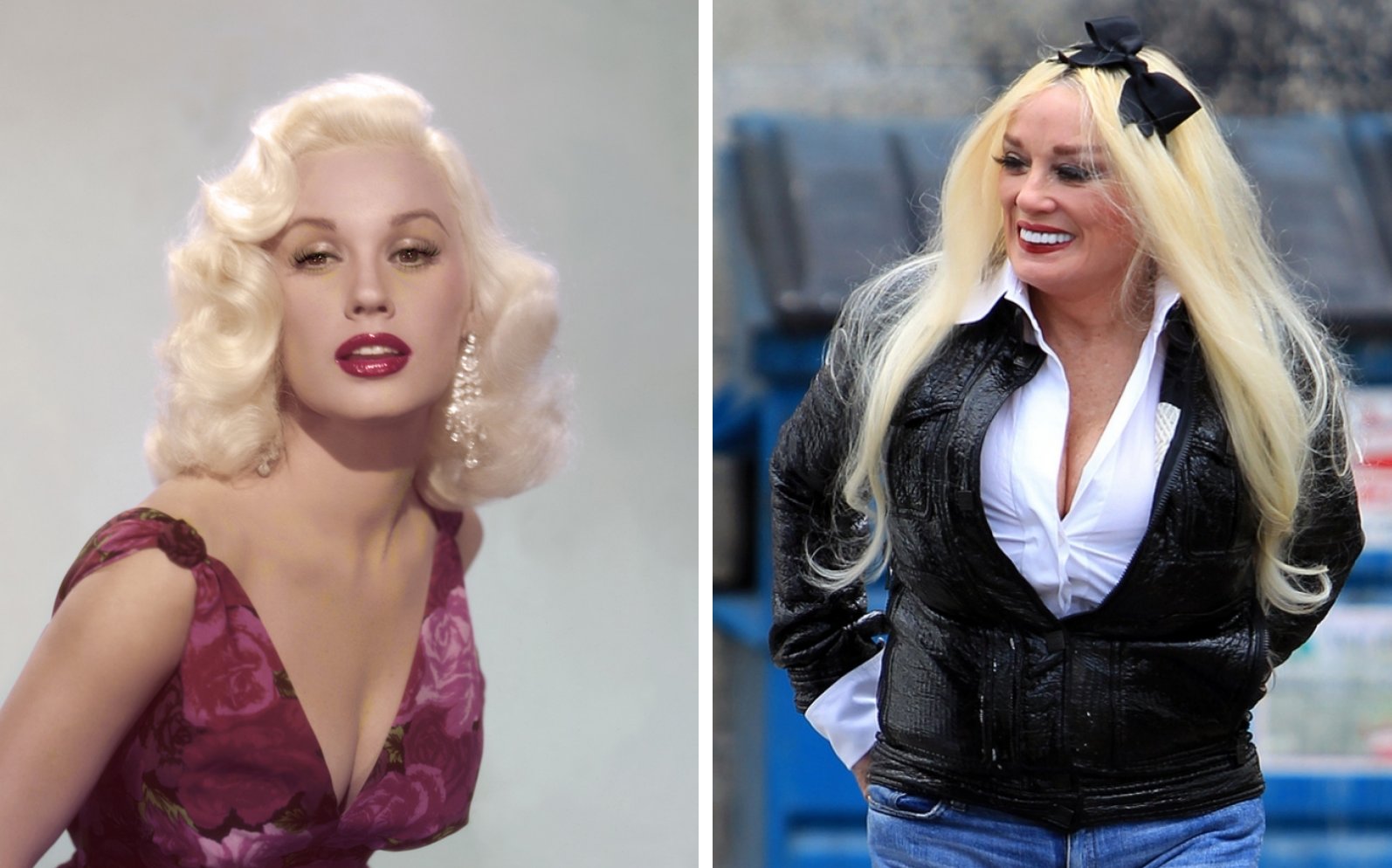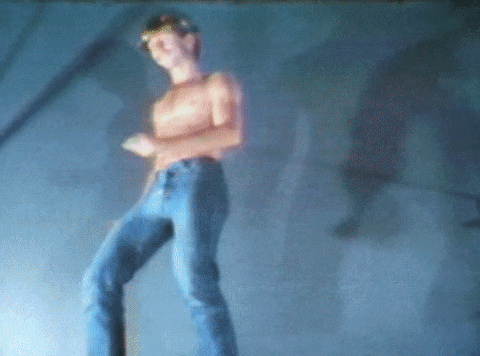
“If you don't know history, then you don't know anything. You are a leaf that doesn't know it is part of a tree. ” - Michael Crichton
February is Gay History Month in the UK, in celebration of the 2003 abolition of Section 28 ("Clause 28"), a nasty piece of '80s legislation that stated that a local authority "shall not intentionally promote homosexuality or publish material with the intention of promoting homosexuality" or "promote the teaching in any maintained school of the acceptability of homosexuality as a pretended family relationship".
NB America has its own such month-long event in October every year.
Over the years, a whole "alphabet soup" of additional initials has added to the original terms to describe homosexuality ("L" for lesbian and "G" for gay), including "B" for bisexual, "T" for trans, and even more recently "Q" for that vile term of insult "queer" [which some radicals have tried to "reclaim" but still gives me the shudders], and many more besides; the result being that if everyone who shouts loudest gets heard, we end up with "LGBTTQQIAAP+" or, more amusingly, "QUILTBAG". It all gets on my nerves, to be honest. Apart from societal prejudice, if truth be told most of these so-called "identities" have absolutely sod all in common - and with so many conflicting voices, much depends on what is the latest to be "in fashion", as that tends to dominate the narrative.
As a consequence, Auntie Beeb's effort to recognise the currently-termed LGBT+ History Month, by way of a podcast - cheerily-titled You're Dead To Me - has got her knickers, or rather her British history, in a twist. Among a list of "some of the key LGBTQ figures in our past" [my italics] are featured the Chevalier d'Éon (French trans diplomat and spy in the 18th century); Gladys Bentley (American lesbian Harlem singer); Sylvia Rivera, Marsha P. Johnson and Stormé DeLarverie (two American trans activists and one American lesbian, who may - or more likely with the first two, according to contemporary accounts, may not - have been involved in New York's Stonewall uprising); Bayard Rustin (American civil rights campaigner at the time of Martin Luther King); and Alfred Kinsey (American sexologist). All utterly fascinating and remarkable lives, of that there is absolutely no doubt whatsoever. However, the only notables from gay British history featured are Anne Lister (famously bold lesbian landowner and diarist, whose story was recently dramatised in the TV series Gentleman Jack) and Roberta Cowell (first British trans woman to undergo gender reassignment surgery).
Now, I have never listened to the podcast, and don't suppose I actually will unless there is nothing else on the radio or telly, so I cannot speak for whether this is the entire gamut of lives covered by their History Month special. I do, however, feel that some effort is lacking on the part of the British Broadcasting Corporation when six Americans and a French person dominate the roll-call, and out of the whole list (including four trans, two lesbians and one closet bisexual) there is only ONE gay man!
Let me help the BBC out here...
British gay men from history (notwithstanding the "usual suspects" such as Oscar Wilde, Noël Coward, Quentin Crisp, Peter Tatchell, Alan Turing, Derek Jarman and the like) who might have been taken into account include:
- W. H. Auden
- Jeremy Bentham
- Humphry Berkeley
- Lord Berners
- Benjamin Britten
- Ted Brown
- Edward Carpenter
- Thomas Cannon
- Graham Chapman
- Tom Driberg
- A. E. Dyson
- Havelock Ellis
- E. M. Forster
- Ray Gosling
- Antony Grey
- David Hockney
- Allan Horsfall
- A. E. Housman
- Christopher Isherwood
- George Cecil Ives
- Brian Kennedy
- William Lygon, Earl Beauchamp
- Christopher Marlowe
- Somerset Maugham
- Joe Orton
- Frederick Rolfe ("Baron Corvo")
- Siegfried Sassoon
- Michael Schofield
- Simeon Solomon
- Ned Sherrin
- Kaikhosru Shapurji Sorabji
- Labi Siffre
- Lytton Strachey
- Howard Sturgis
- John Addington Symonds
- Matthew Tomlinson
- Patrick Trevor-Roper
- Peter Wildeblood
...to name but a few from a veritable "cast of thousands" that includes kings, aristocracy and the lower classes alike. [And I haven't even attempted a list of historical British lesbians...]
I mark your effort, Auntie, as "could do better".
Here's a little more "historic gayness", which I thought appropriate:
Hey, boy, where do you get it from?
Hey, boy, where did you go?
I learned my passion
In the good old-fashioned
School of loverboys
Didn't we all, dear?
